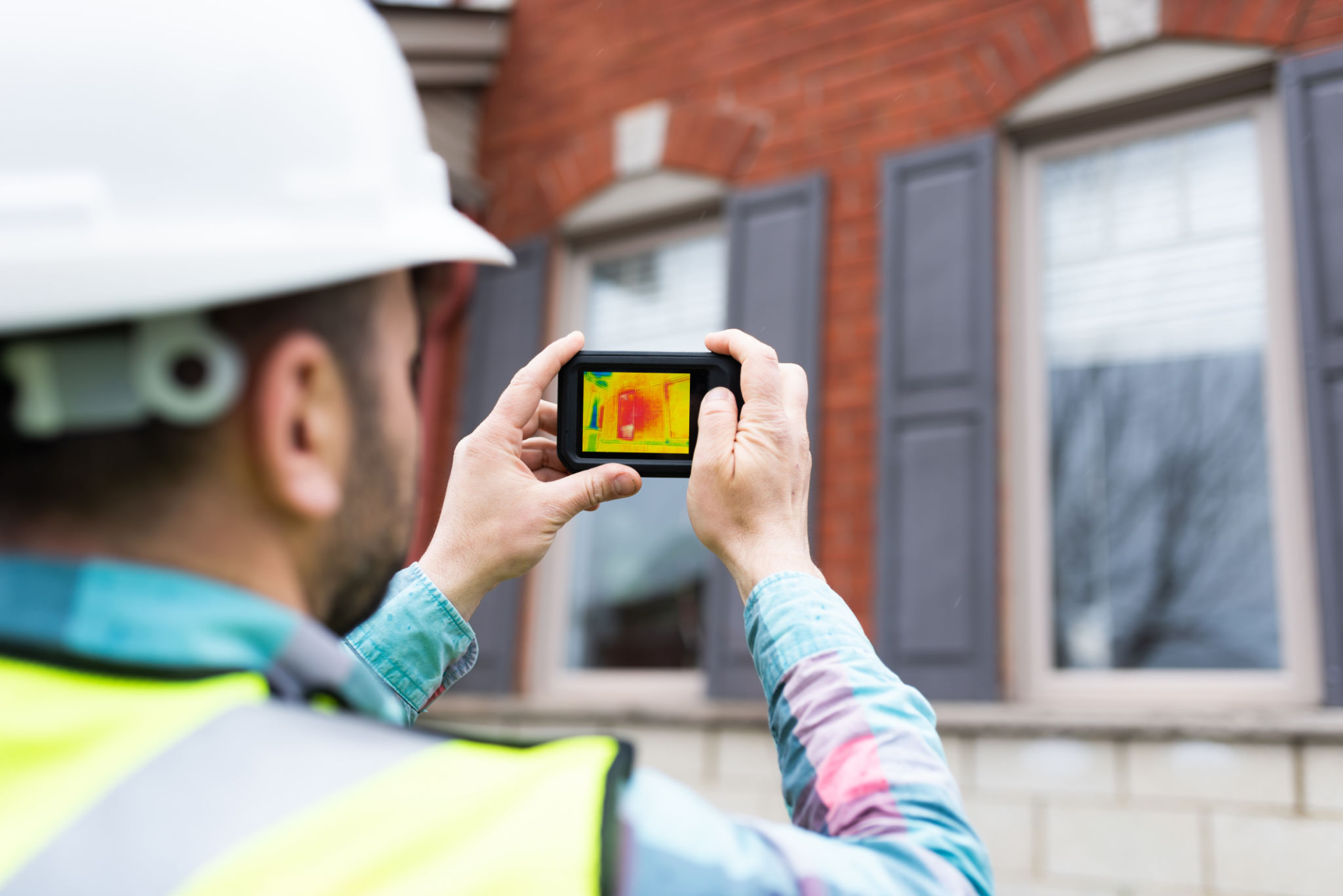Sustainable Building Practices: Innovations in UK Construction
The Rise of Sustainable Building Practices in the UK
The UK construction industry is undergoing a transformative shift towards sustainability, driven by the urgent need to reduce carbon emissions and minimize environmental impact. As more stakeholders recognize the importance of eco-friendly practices, innovative solutions are emerging that promise to redefine how buildings are designed and constructed. These innovations not only contribute to environmental preservation but also offer economic benefits in the long run.
Central to this shift is the adoption of sustainable building materials. Traditional materials are being replaced by more eco-friendly options, such as recycled steel, bamboo, and hempcrete. These materials are not only less harmful to the environment but also often provide better insulation and durability, leading to reduced energy consumption. Furthermore, advancements in manufacturing processes have made it possible to produce these materials at scale, making them more accessible to builders across the nation.

Energy Efficiency at the Forefront
Energy efficiency is a key focus area in sustainable construction practices. The integration of renewable energy sources, such as solar panels and wind turbines, into building designs has gained significant traction. These innovations help buildings generate their own power, reducing dependency on non-renewable energy sources and cutting utility costs for occupants.
In addition to renewable energy, the use of advanced insulation techniques and high-performance windows plays a critical role in enhancing energy efficiency. These technologies minimize heat loss during the winter and keep interiors cool during the summer, leading to a significant decrease in energy consumption for heating and cooling systems.

The Role of Smart Technology
Smart technology is revolutionizing the way buildings are managed and operated. From smart thermostats that optimize heating and cooling based on occupancy patterns to automated lighting systems that adjust according to natural light availability, these technologies contribute significantly to energy savings. Furthermore, smart building management systems provide real-time data on energy usage, enabling building managers to make informed decisions on optimizing resource consumption.
Another exciting development is the use of Internet of Things (IoT) devices in construction. IoT technology allows for real-time monitoring of building conditions, such as humidity and temperature levels, ensuring optimal comfort for occupants while minimizing energy waste. As these technologies become more affordable, their adoption is expected to increase across the UK construction sector.

Water Conservation Techniques
Water conservation is another critical aspect of sustainable building practices. Innovative plumbing systems that reduce water usage without compromising performance are becoming standard in new constructions. Low-flow fixtures, rainwater harvesting systems, and greywater recycling solutions are some of the technologies being implemented to achieve greater water efficiency.
These systems not only help in conserving this precious resource but also lead to cost savings for building owners. As water scarcity becomes a growing concern globally, such innovations are vital in ensuring sustainable development practices are upheld.

Future Trends in Sustainable Construction
The future of sustainable building practices in the UK looks promising as new technologies continue to emerge. Some potential future trends include the use of bio-based materials, such as algae-based insulation, and advancements in 3D printing technology for construction. These innovations have the potential to further reduce environmental impact while offering new possibilities for architectural design and efficiency.
As awareness around sustainability grows and regulatory pressures mount, it is expected that sustainable building practices will become the norm rather than the exception. By embracing these innovations, the UK construction industry can lead the way in creating a more sustainable future for generations to come.
